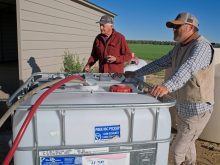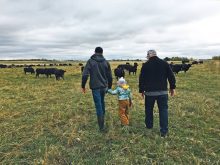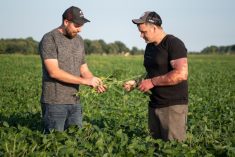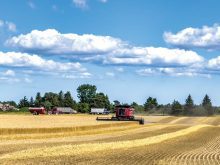It’s frustrating. I want my city friends to get it. I want them to understand how nuanced issues and trends like livestock production, genetically-modified organisms, fossil fuels, and eating farm-to-table are.
It would be unfair to say city dwellers are vain, but I want to. Just as it would have been unfair of me to say all farmers are hicks when I lived in the city.
I have sat on both sides of the rural-urban gulf and felt justified on each.
We all should know better. Quick judgements are never correct. And us farmers don’t take well to those claiming the final word on agricultural issues within the confines of a city’s perimeter. They are often wrong about us, as we are about them. But, sadly, it largely remains us and them.
Read Also
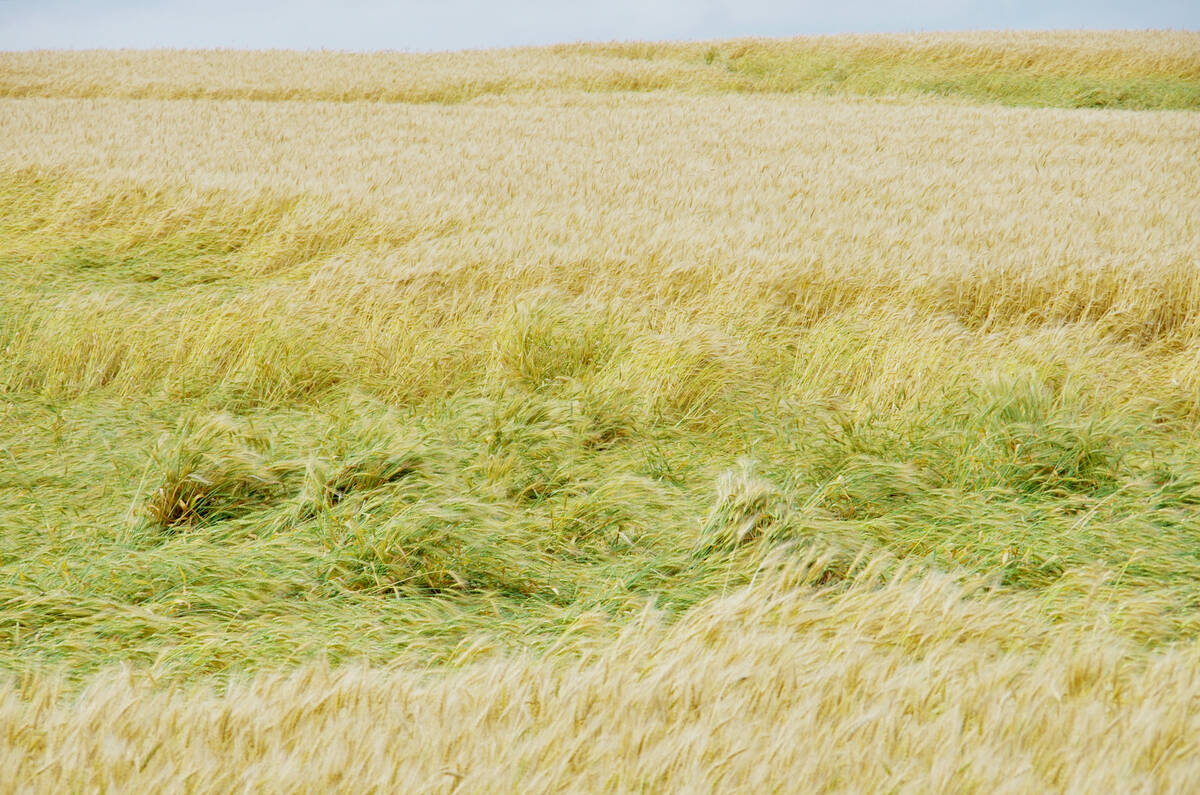
Cereal lodging isn’t just a nitrogen problem
Lack of copper in the soil can also lead wheat and other cereal crops to lodge during wet seasons on the Canadian Prairies.
Here’s the rub: I think rural life is better. I’d argue this from personal experience, but I don’t need to. Trends speak for themselves.
- More with Toban Dyck on Grainews: Musing on going organic
The Good Will is a bar/venue in Winnipeg located west of the University of Winnipeg on Portage Avenue. Hipsters go there in droves (please don’t ask me what a hipster is. Apparently I’m one of them). The Good Will has got current definitions of cool written all over it: aloof bartenders who love everyone, carry no judgments, and just like to have a good time; a place where cool bands perform while knitting groups meet; and it’s equipped with a space for people with notebooks and laptops to comfortably work.
I’m being disingenuous, in part, but shouldn’t be because I really like the place. I sit on a board that meets at The Good Will a couple of times a month.
In January, I attended such a meeting. I drove to the city in a silver three-quarter ton Dodge Ram diesel truck. I parked in front of the bar, on Portage Avenue, behind a tiny sedan, and walked into the bar wearing Sorel boots, a winter parka, a touque, and big mitts. There was immediate consensus among everyone who saw me that I had just come from the farm.
I stomped through the door and plunked myself down at the table, ready to chat about online publishing. The six of us occupied about eight feet of a 40-foot-long table made of butcher block situated between the pizza parlour and the bar itself.
This time in particular was strange. Once the meeting was officially over, and we were just chatting, the conversation turned to community gardens, farm-to-table eating, and food politics.
There is a charm to farming, it turns out, and I’m a pretty cool dude for doing it. At least, that’s what people think, apparently having no trouble reconciling the fact that I, the guy sitting next to them sipping craft beer, apply round-up, drive a fuel-hungry truck — often by myself — and occasionally fire a rifle, with attitudes that disparage all of those things.
This is fascinating and telling. There seems to be an understanding and respect for the measures farmers need to take in order to get things done. And this understanding is a trump card. Why?
Seated deep in “artisanal,” “heritage grains,” “organic,” “farm-to-table,” is an unstated pining for something more. These may just be $10 words or phrases for the same thing.
“Farming dreams are a modern seduction,” reads the Modern Farmer article “So You Want To Be a Farmer…”: “For city dwellers, the vision of making a living from the earth salves the psychic wounds of a day job, and acts as an antidote to urban malaise. If you could just get out there on the land, far from spreadsheets and stress, cubicles and car alarms, things would surely be different. Eating overripe tomatoes, fresh from the vine and bursting with juice. Cavorting with goats.”
Perhaps it’s too crude to just admit to being tired of a certain lifestyle and wanting another. Perhaps the moral superiority that comes with chasing the perceived authenticity of current food and small-scale ag trends is a veiled way of saying that the city does not satisfy that nagging part of you that strives to be genuine. And urban community gardens, one-hive bee farms, and two chickens are only a tease.
Whether Modern Farmer is correct or not, the actual agricultural community is left to deal with having these trends foisted on it by people for whom farming represents something genuine and missing.
“Farming has been incredibly healing to me; some days it’s the only thing keeping me together,” said an interview subject in the Modern Farmer article. “It’s hard to put into words. Farming just gets in your blood.”
I can’t claim the Holy Grail on this perspective, but having lived for over a decade in the city, and now a few years and a childhood on the farm, must count towards something resembling knowledge or wisdom.
Quick farm update: I’m still waiting to hear if I qualify for crop insurance or not; I am excited and nervous about putting the drill fill on our tandem (it’s a finicky endeavour, but a great one, as it represents the beginning of the growing season); and my next building project is going to be an outdoor pizza oven.



